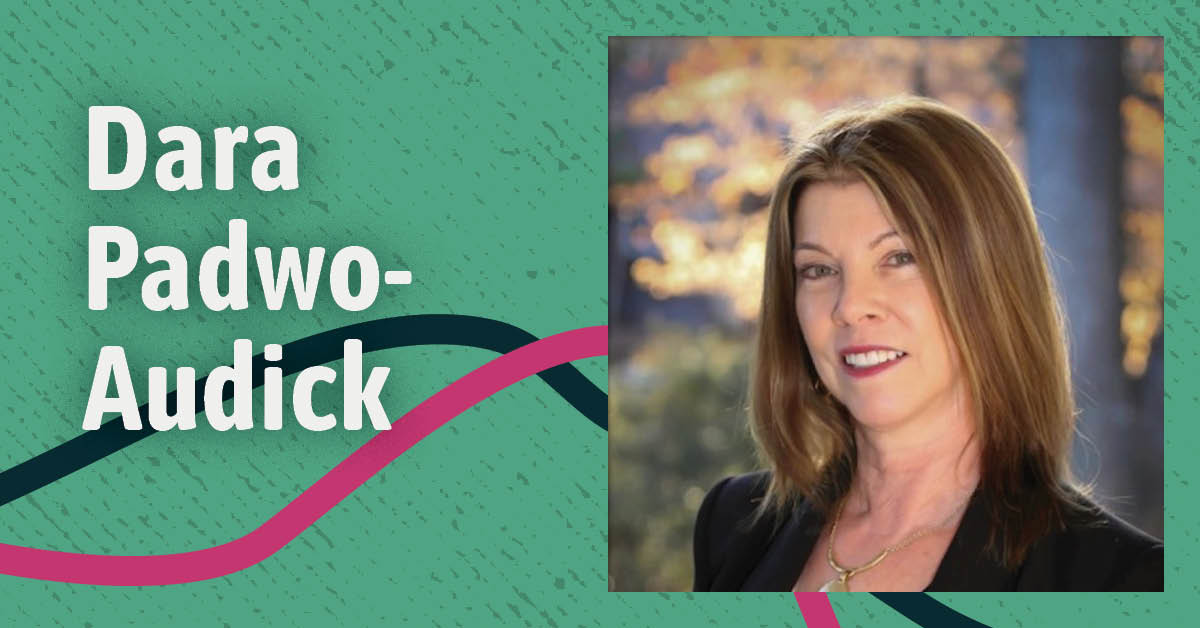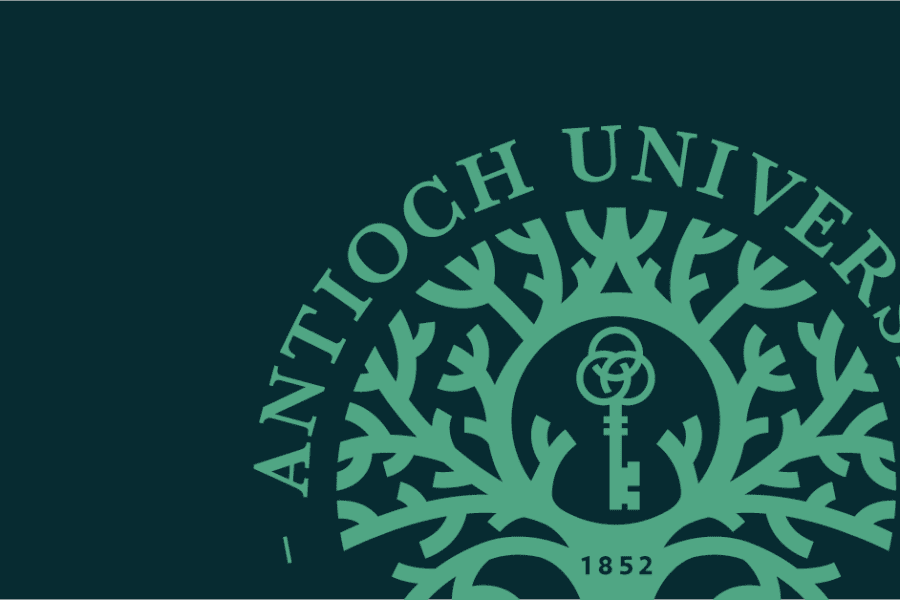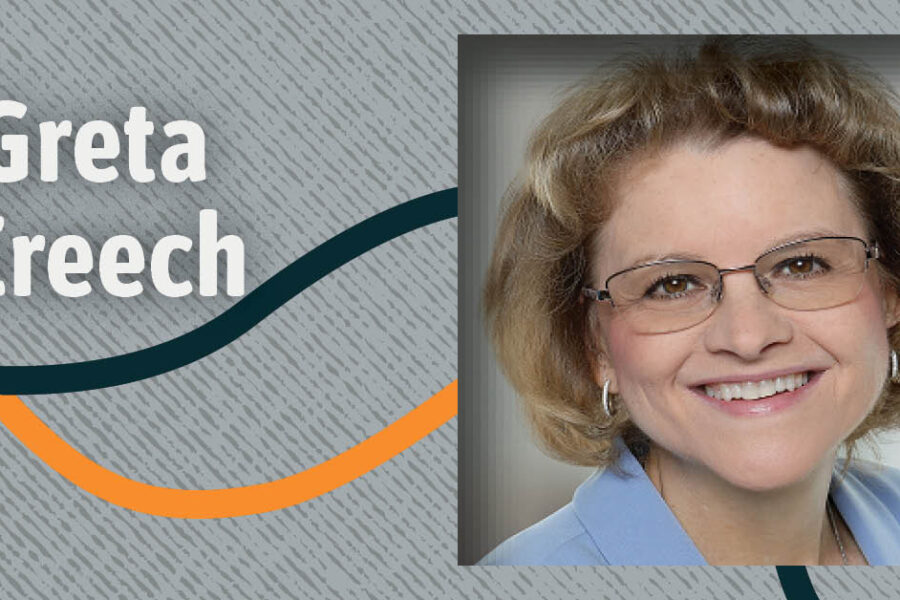Dara Padwo-Audick has always been a writer. Before enrolling in Antioch University Santa Barbara’s MFA in Writing and Contemporary Media program, she already had a rich professional history in nonfiction television. Padwo-Audick has been writing professionally for over thirty years, but she was already a writer by the time she was six.
“I started writing when I was six,” Padwo-Audick says. “I used to write plays and short stories.”
Although Padwo-Audick didn’t pursue writing as an undergraduate, she still landed on a creative path. She studied theater and psychology at the University of Maryland and graduated with a double major in 1982. Padwo-Audick saw a future working as a drama therapist, but a pregnancy changed her career path, and in an unexpected twist of event, Padwo-Audick found herself writing again.
“I got pregnant right after college, and I ended up being a single mother,” Padwo-Audick said. “I had to quickly find a career that I could do to raise a child, my son. So I ended up in advertising as a senior copywriter, and then I got trained to be a producer. That was in the late eighties.”
As Padwo-Audick worked her way up from producer to creative director at a small agency, she eventually found herself doing more documentary work. Padwo-Audick’s new career path transitioned into a career in broadcast television, where she worked for NBC and ESPN and later National Geographic and the Discovery Channel. Her work in television eventually led her to a graduate degree in film production and an adjunct position at American University.
Even after a successful career in nonfiction television, Padwo-Audick still found herself thinking about those plays and short stories she wrote when she was younger. Fiction writing was calling to her, and she knew she still had it in her to write narratives, but the idea was overwhelming.
“For me, as a fiction writer versus a nonfiction writer, there’s a different headspace,” Padwo-Audick says. “The outline process is the same. The research process is the same, but then once I start writing, I’m tapping into a very different part of my brain.”
The vulnerability of fiction writing scared Padwo-Audick, but that all changed when she was diagnosed with cancer. While she received treatments for cancer, she decided not to let fear hold her back. There are no guarantees in life, but deep-rooted fears don’t just disappear, not even in the face of a cancer diagnosis. So Padwo-Audick realized that she needed to work through her fears with guided support if she wanted to start writing fiction. That’s where Antioch came into the picture.
“The beauty of the mentors at Antioch is that they admitted their own vulnerability and their own struggles with the process,” Padwo-Audick says. “It makes you feel like you are not alone.”
For Padwo-Audick, the strength of Antioch’s MFA program is in mentors. She came to the program finding mentors who inspired her to embrace fear, but that didn’t mean it wasn’t hard.
“It’s still hard. But my mentors helped me work through the fear. I started to feel like the self-judgment that I was doing so much of doesn’t matter anymore.”
For Padwo-Audick, Antioch was life-changing. She got everything she wanted out of it and more. When she enrolled, she had two goals: to expand her career into fiction writing and obtain an MFA to become a full-time faculty member at a university.
Her Antioch mentors encouraged her to work through her fears. In her writing, she drew on those raw and vulnerable parts of her life, including her experience with cancer. When she graduated in June 2021, Padwo-Audick left with a lot of new material, including an award-winning screenplay, a play, and an outline of a young adult novel.
“I love to learn,” Padwo-Audick says. “I was like a sponge; I couldn’t get enough.”
In many ways, Padwo-Audick credits her success at Antioch to a combination of inspiring mentors and coming into the programing knowing what she wanted to get out of it.
“You wouldn’t go into another program not knowing what you wanted to get out of it,” Padwo-Audick says. “If you are going into an education program, you probably know that you are going to teach after you graduate from that program. So I think it helped to have a sense of what I was trying to do.”
That’s the beauty of Antioch’s genre workshops as well, Padwo-Audick points out. You take the feedback from peers and mentors and refine your goals from there.
Padwo-Audick was able to adjust her own goals too. Now that she’s freshly graduated, she plans to take the writing she started at Antioch to the next level.
“I want to produce and direct the screenplay I wrote,” she says. “It’s short, only about 10 minutes, but I have to raise funds to make it.”
No matter what comes next in Padwo-Audick’s future, she knows she takes the next step in her career with the support of the network of peers and mentors she created at Antioch.




